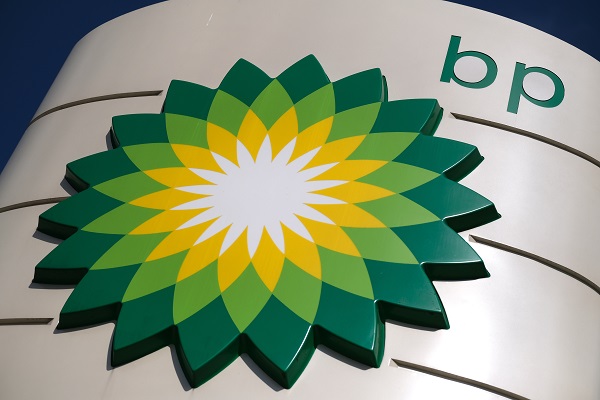BP profits boom keeps shares racing toward pre-Covid price
8th February 2022 08:03
by Richard Hunter from interactive investor
Sky-high energy prices have been a massive boost to oil companies, and these Q4 results from BP have been well-received. The share price has more than doubled since late 2020.

The significant swing to profit is of little surprise given the strength of the oil price and the performance of other global behemoths, but BP (LSE:BP.) is attempting to differentiate itself by the pace of its transformation.
The company’s transformation towards becoming an integrated energy company is inevitably still in a relatively formative stage, but BP is attacking the change of balance with some force. In particular, there have been further developments in terms of its exposure to hydrocarbons, offshore wind and hydrogen possibilities.
In general, the industry acknowledgment of and move towards renewables is gathering pace, but some of those energies are effectively untested and so the huge cost of transitioning to this new world is clearly not without risk. At the moment, however, the strength of traditional energy prices is enabling these investments to accelerate.
- BP, BATS and Petrofac: stocks to buy
- ii view: Shell makes history
- The First & Last share I bought: Gervais Williams of Premier Miton
- Check out our award-winning stocks and shares ISA
For BP, the investment pot is being further strengthened by divestment of non-core assets, which totalled $7.6 billion for the year and for which up to an additional $3 billion may follow next year, towards the 2025 target of $25 billion. The cumulative total to date is $15.5 billion, so this strand of the strategy is on track.
Given that the oil price is currently standing at around $92, it is of little surprise that the headline numbers have exceeded expectations. BP’s own projections are based on a price of $60, let alone the “cash balance point” of $42 which the company previously identified. As such, attributable profit for the year rose to $7.6 billion from a previous £20.3 billion loss, and the underlying replacement cost profit came in at $12.8 billion versus a loss last year of $5.7 billion. Indeed, this figure exceeds the $10 billion achieved in 2019.
At the same time the significant cash generation has enabled the reduction of net debt, which has fallen to $30.6 billion from a previous figure of $38.9 billion. An increased share buyback programme totalling $4.2 billion has also become possible while, for traditional income-seeking investors the dividend yield of 3.9% remains relatively punchy in the current environment.
- The First & Last share I bought: Lowland's Laura Foll
- The Week Ahead: BP, Glaxo, Barratt, Royal Mail, BAT
- Shares to protect against persistently high inflation
- Friends & Family: ii customers can give up to 5 people a free subscription to ii, for just £5 a month extra. Learn more
One figure to note is the fourth-quarter operating cash flow number of $6.1 billion, which came in shy of the $8 billion expected. While this is unlikely to be the canary in the coalmine, it is nonetheless a reminder that the extraordinary amounts of investment required over the coming years will only be possible following a continuation of the cash generation currently being seen.
Even so, BP is clearly making progress and with the tailwind of oil price strength, its share price has risen by 62% over the last year, as compared to a hike of 16% for the wider FTSE100. Over the last two years, however, the price remains down by 14%, which implies a broad appreciation of the challenges to come.
BP nonetheless remains well regarded even in the face of the transformation maelstrom, and the market consensus of the shares as a "buy" reflects optimism for its prospects.
These articles are provided for information purposes only. Occasionally, an opinion about whether to buy or sell a specific investment may be provided by third parties. The content is not intended to be a personal recommendation to buy or sell any financial instrument or product, or to adopt any investment strategy as it is not provided based on an assessment of your investing knowledge and experience, your financial situation or your investment objectives. The value of your investments, and the income derived from them, may go down as well as up. You may not get back all the money that you invest. The investments referred to in this article may not be suitable for all investors, and if in doubt, an investor should seek advice from a qualified investment adviser.
Full performance can be found on the company or index summary page on the interactive investor website. Simply click on the company's or index name highlighted in the article.